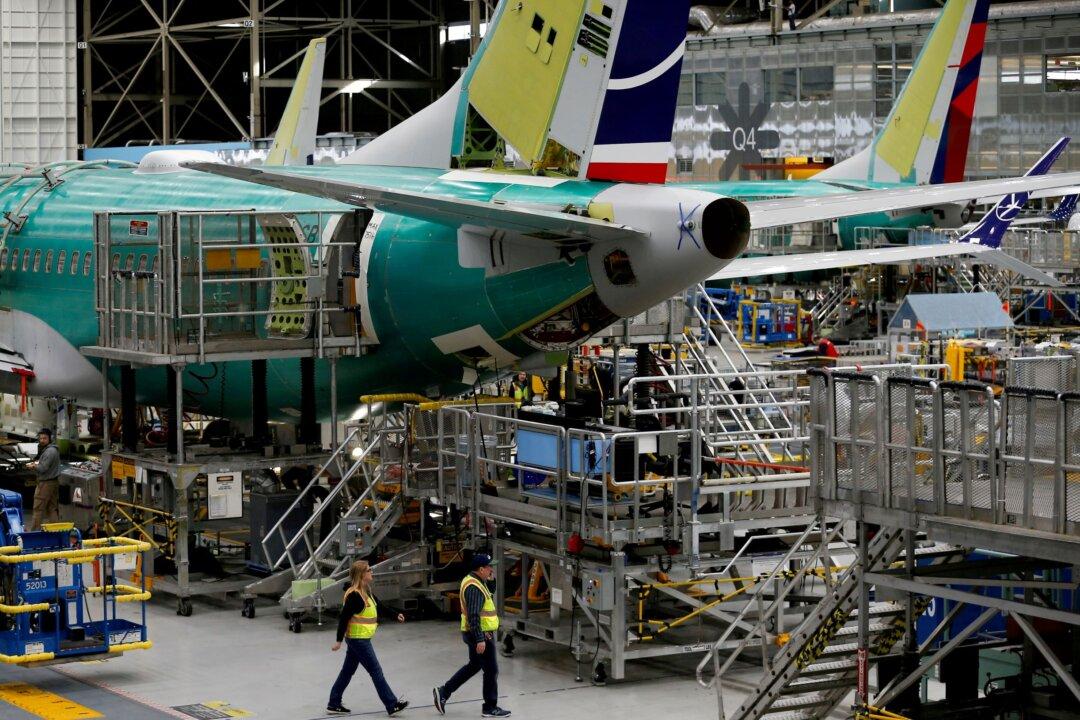WASHINGTON—A House committee will hold a hearing on Thursday with the head of the Federal Aviation Administration (FAA) on its efforts to reform airplane certification following two Boeing 737 MAX crashes that killed 346 people.
FAA Administrator Steve Dickson will testify at a House Transportation and Infrastructure subcommittee hearing nearly three years after a Lion Air 610 737 MAX crashed in Indonesia.





